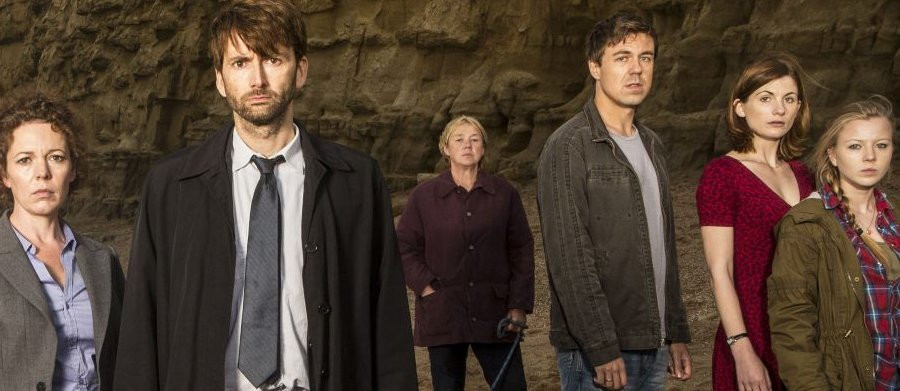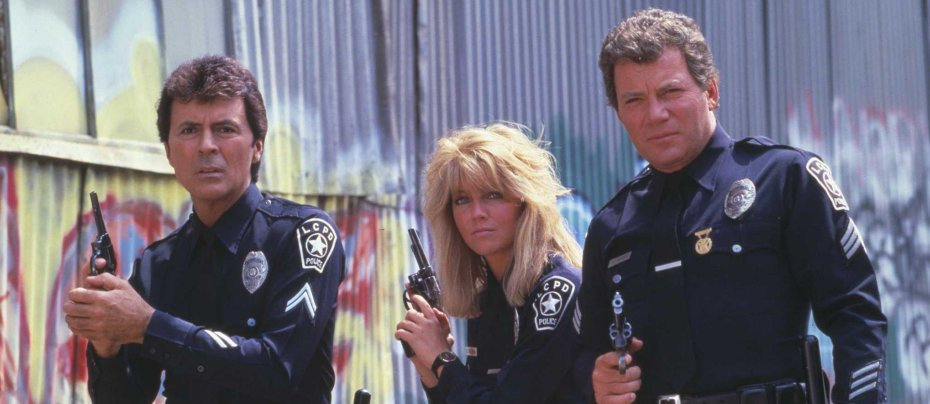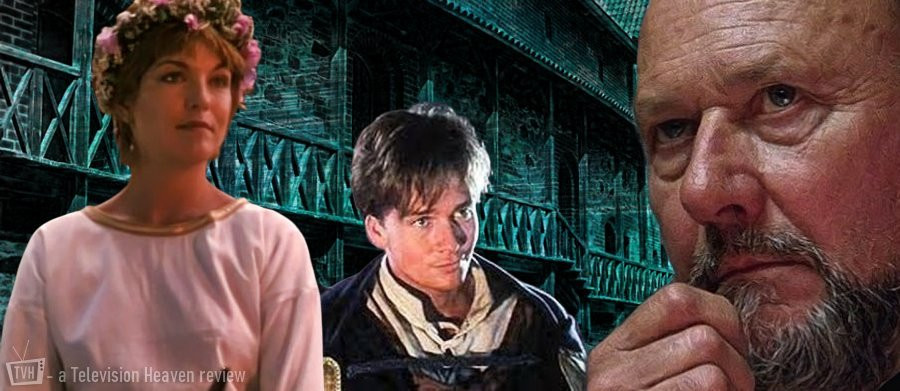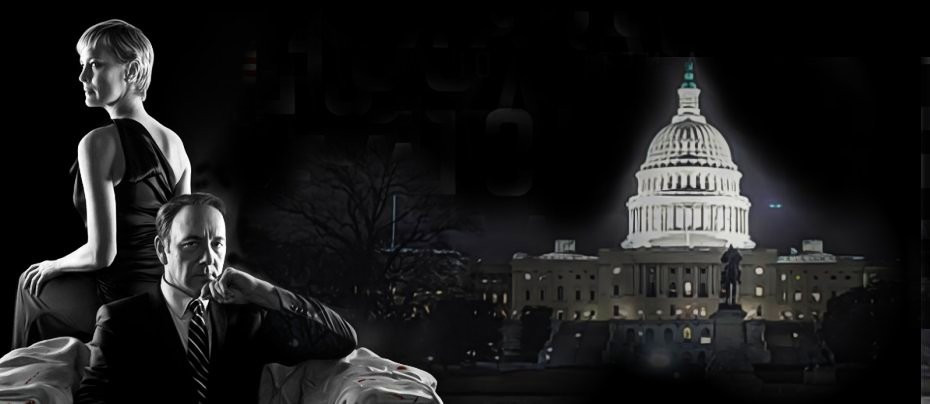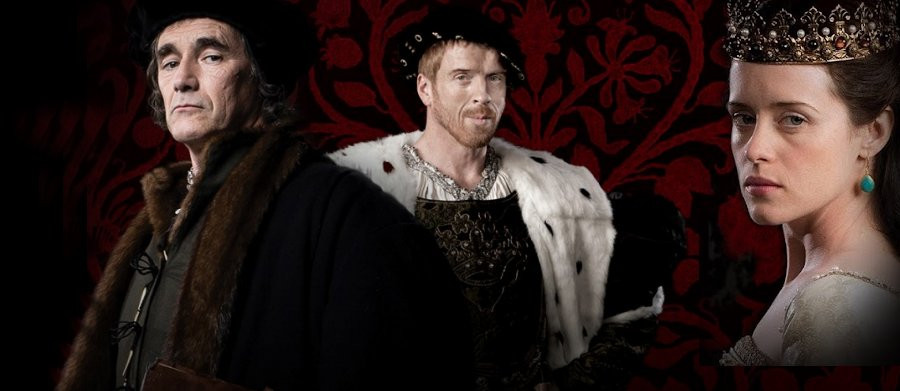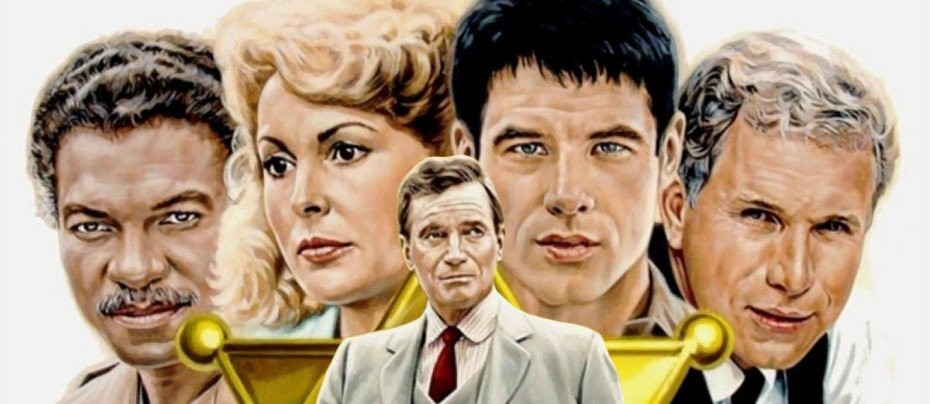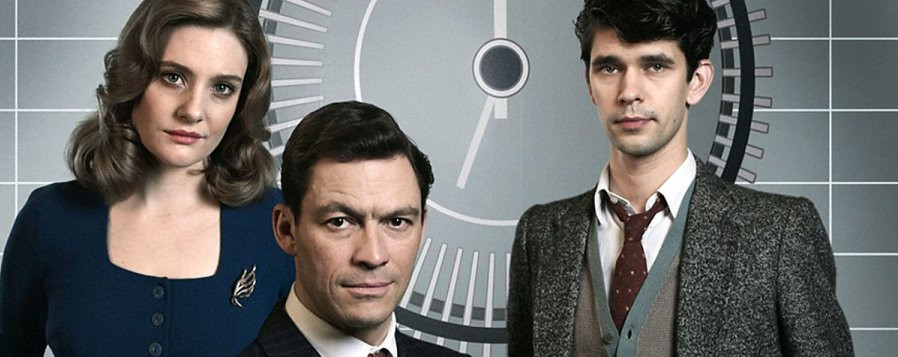
Endeavour
2013 - United Kingdom“a Detective Constable steadily learning his craft amid turbulent times”
Endeavour reviewed by Derek Thompson
Every hero needs an origin story, even if Detective Chief Inspector Morse signed off from our screens, without one, back in 1995 (eight series of repeats notwithstanding). He was a compelling detective – cultured, a thinker and a drinker, world-weary, and with great taste in cars.
Small wonder that a talented writer such as Russell Lewis would eventually take up the challenge and create a prequel, starting with a 2012 pilot that developed into the first of nine series in 2013.
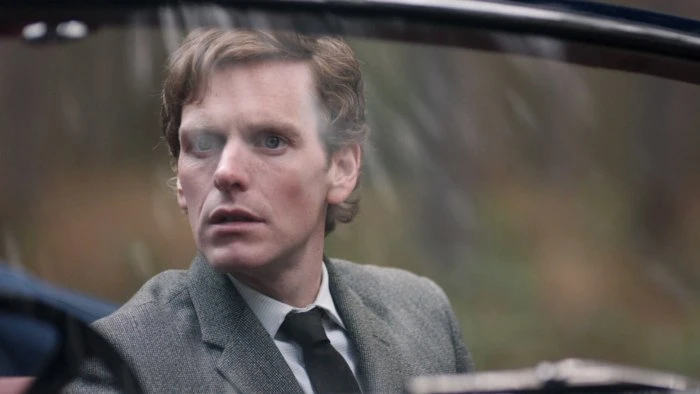
The world of Endeavour exists between 1965 and 1972. Shaun Evans’s portrayal of the title character shows glimpses of Morse’s brilliance from the first episode, as well as nuanced vulnerability and an uncanny knack for rubbing people up the wrong way – especially those in authority.
Roger Allam’s DI Fred Thursday is a no-nonsense copper who’s not afraid to get stuck in when the situation calls for it, and who wouldn’t look out of place in The Sweeney (if it had been set in Oxford). It’s DI Thursday who gradually sets Morse straight. He acts as a mentor for the DC and, along with his wife and children, provides a surrogate family in many ways, with several plotlines and series arcs involving them skilfully woven in over the years.
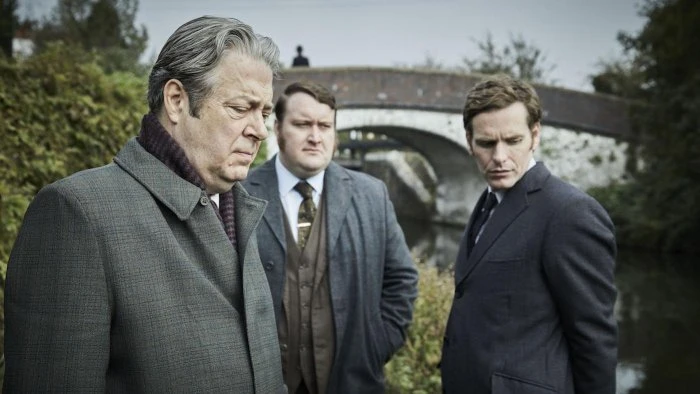
A major challenge of prequels is that the central character can never be in real jeopardy because we know they survive in the future. Nevertheless, Endeavour contains tension and menace, with some great payoff scenes along the way. There’s a genuine reverence to the original series in the writing, for example introducing DC Strange who will become Chief Superintendent Strange in the future.
As Endeavour progresses remorselessly (hey, it’s what I do!) to become Morse, we see a Detective Constable steadily learning his craft amid turbulent times. The contradiction in young Morse’s character is never better exemplified than in a memorable early scene where Endeavour tells DI Thursday, “I'm a good detective.” DI Thursday snaps back, “And a poor policeman. No one can teach you the first. Any fool can learn the second.”
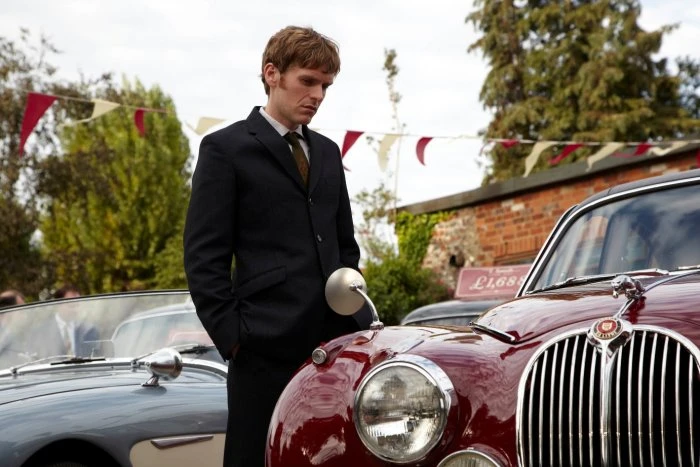
With a nod to (reverse) history, every episode of Endeavour unfolds as a Morse-like fiendish puzzle. The ensemble cast never feels like padding and each significant character has a meaningful back-story that is intelligently and sensitively explored. Alliances and conflicts develop and change over the nine series, which makes the stories all the more compelling.
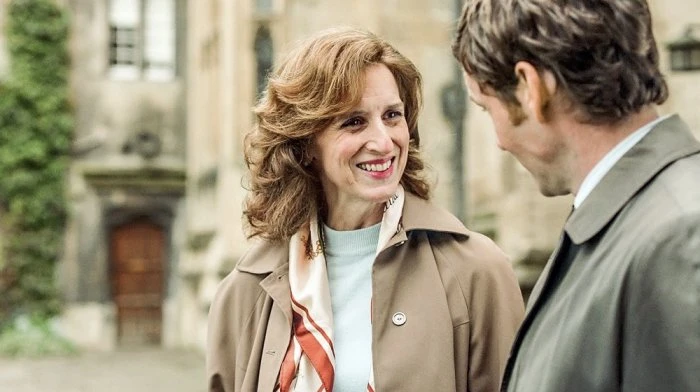
Each series had plot arcs and standalone cases, which allowed individual officers to shine and the body count to rack up. Another great aspect of the show is that Endeavour doesn’t always get it right (and I’m not just talking about that moustache in series six). He is flawed and can come across as arrogant. His love life, while not exactly a car crash, would have benefited from the assistance of Traffic Division. It was also a lovely touch to have the late John Thaw’s daughter, Abigail, play a recurring character as Dorothea Frazil the journalist and editor of the Oxford Mail.
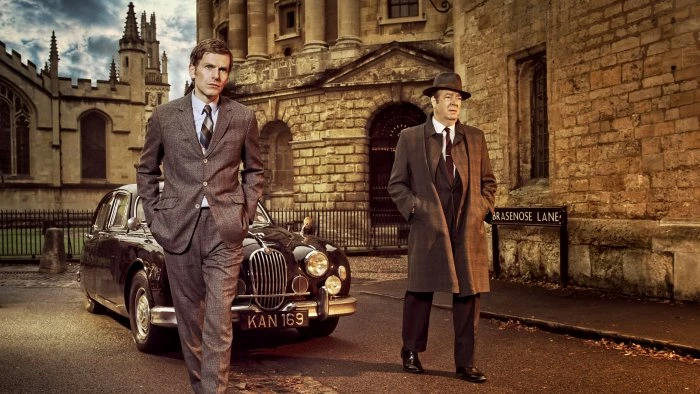
Don’t be fooled into thinking this detective series is confined to the dusty halls of academia. There are big themes here, including: serial killers, East End villains, drugs, police corruption, racism, and institutional abuse. You can also play ‘guess the sandwiches’!
If you love British detectives, all the evidence indicates that this one is a joy to behold.
Seen this show? How do you rate it?
Seen this show? How do you rate it?
Published on May 5th, 2023. Written by Derek Thompson for Television Heaven.


